In recent weeks, Nigeria has found itself the target of a wave of coordinated misinformation campaigns across social media platforms, blogs, and television programs. These narratives, largely driven by foreign actors, allege that the country is facing a so-called “Christian genocide.” The claims distort Nigeria’s complex internal security challenges and attempt to simplify them into a one-dimensional narrative of religious persecution. Nigerian officials and analysts argue that such portrayals not only misrepresent the country’s realities but also risk inflaming tensions and destabilizing fragile peace efforts.
One of the most prominent voices amplifying this narrative is American television host Bill Maher, who, on his show, claimed that Christians in Nigeria are being systematically wiped out. He alleged that over 100,000 Christians have been killed since 2009 and that 18,000 churches have been destroyed, describing the violence as a genocide worse than what is happening in Gaza. These claims, however, rely heavily on unverified sources, manipulated statistics, and misleading imagery. While Maher’s rhetoric received applause from his audience and amplification by conservative outlets such as Fox News, Nigerian analysts dismiss it as propaganda designed to malign the country while diverting attention from other global issues.
Observers link this surge in propaganda to Nigeria’s recent speech at the 2025 United Nations General Assembly. Delivering President Bola Ahmed Tinubu’s message, Vice President Kashim Shettima reiterated Nigeria’s support for a two-state solution in Palestine, emphasizing peace and justice over partisanship. Nigeria’s stance challenged powerful global narratives and appears to have triggered backlash from interest groups invested in portraying the country in negative terms. In its UN address, Nigeria prioritized institutional reforms, debt relief, fair distribution of critical mineral wealth, and closing the digital divide under the call for “AI” to mean “Africa Included.” Despite its focus on these urgent global and domestic issues, critics manipulated the speech to suggest Nigeria had ignored its own crises, weaponizing the genocide narrative as a tool of blackmail.
The accusation of a Christian genocide, however, collapses under scrutiny. Nigeria’s conflicts are far more complex and rooted in ethnic rivalries, land disputes, banditry, and resource competition. Religion often plays a secondary role, if any. Boko Haram, which emerged in 2009 in Borno State, has killed thousands of people, but the majority of its victims have been Muslims. The group declared war on the Nigerian state and labeled both Christians and Muslims who opposed them as enemies. It has bombed mosques, assassinated Muslim clerics, and attacked villages indiscriminately. To describe Boko Haram’s violence as an exclusively anti-Christian campaign is a distortion.
Similarly, much of the violence in northern Nigeria comes from clashes between Fulani herders, who are mostly Muslim, and farming communities, many of whom are Christian. While this creates the appearance of a religious conflict, the root causes are competition over land and water, population pressures, and climate change. Both communities have suffered losses, and both have been perpetrators and victims. Simplifying this into a narrative of Muslims killing Christians ignores the complexity of Nigeria’s realities and risks inflaming tensions between communities that have long lived side by side.
The Nigerian Civil War (1967–1970) is often misrepresented in similar ways. Although Christians and Muslims were on both sides of the conflict, it is sometimes simplistically framed as a religious war. Yet Nigeria at the time was led by General Yakubu Gowon, a Christian, with Vice Admiral Joseph Edet Akinwale Wey, also a Christian, as his deputy. The war was fundamentally about politics, secession, and resources—not religion. This historical context underscores why claims of a Christian genocide today are misleading and dangerous.
President Bola Tinubu’s government has intensified operations against insurgents, bandits, and separatist groups. Security operations such as Hadin Kai in the northeast and Forest Sanity in the northwest have delivered significant gains. According to National Security Adviser Nuhu Ribadu, more than 13,500 terrorists have been neutralized since 2023, while 124,000 fighters and their families have surrendered. Over 11,000 weapons and 252,000 rounds of ammunition have been recovered, significantly weakening Boko Haram and ISWAP. Violence has also declined in the southeast as separatist groups lose momentum, and police stations destroyed in past unrest are being rebuilt.
The structure of Nigeria’s security leadership further dismantles the genocide narrative. The Chief of Defence Staff, General Christopher Musa, is a Christian. The Chief of Army Staff, Lieutenant-General Olufemi Oluyede, is a Christian. The Chief of Naval Staff, Vice Admiral Emmanuel Ogalla, is a Christian. The heads of the State Security Service, Defence Intelligence, Immigration Service, Correctional Service, and Police are also Christians. Far from sanctioning persecution, the Nigerian state is led by a diverse group of leaders, many of whom are Christian. Moreover, Nigeria’s First Lady, Senator Oluremi Tinubu, is a Christian pastor and advocate of interfaith harmony—making the idea of a state-sponsored Christian genocide untenable.
While Christians in Nigeria have undoubtedly suffered tragic attacks, so too have Muslims, often in greater numbers. Boko Haram and other armed groups target anyone who resists them, regardless of faith. Terrorists have bombed churches and mosques alike, demonstrating that their campaign is not a holy war but a brutal struggle for power, territory, and survival. Statistics inflated by foreign groups and media outlets obscure these truths, often counting every casualty in contested areas as Christian by default, thereby distorting the actual patterns of violence.
Nigeria’s reality is not one of a state orchestrating genocide but of a country grappling with terrorism, banditry, and communal clashes. These conflicts are rooted in structural issues—poverty, governance challenges, climate stress, and ethnic competition—not in religion alone. Reducing them to simplistic Christian-versus-Muslim narratives is propaganda that undermines efforts to build peace. As President Tinubu has stressed, no Nigerian is targeted by the state because of their religion. Nigeria’s armed forces, comprised of both Muslims and Christians, fight to protect all citizens.
The danger of the genocide narrative lies in its ability to deepen divisions and provoke further unrest. By framing Nigeria’s violence in purely religious terms, foreign commentators risk inflaming tensions and obscuring the urgent need for practical solutions. Nigeria’s conflicts demand nuanced understanding, investment in peacebuilding, and international support for development not the spread of misinformation.
The truth remains clear: there is no Christian genocide in Nigeria. What exists is a complex web of violence, rooted in political, ethnic, and economic grievances, with terrorists exploiting divisions for their gain. Propaganda to the contrary is not only false but harmful, and Nigerians themselves must continue to challenge these distorted portrayals while working together to secure lasting peace.


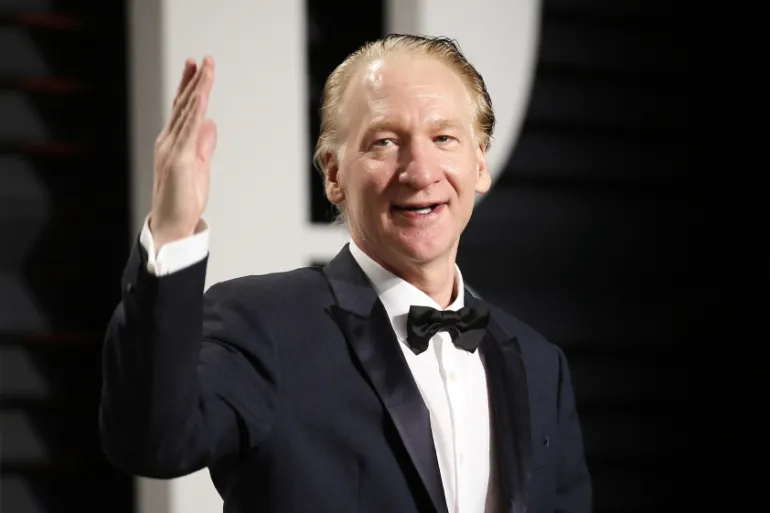
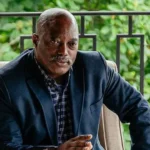
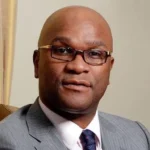




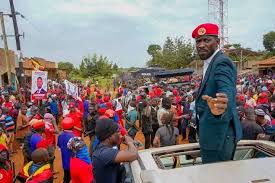
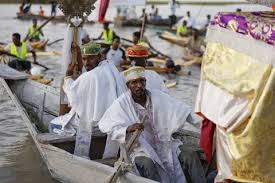

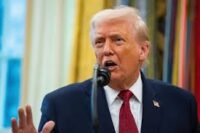

Leave a comment